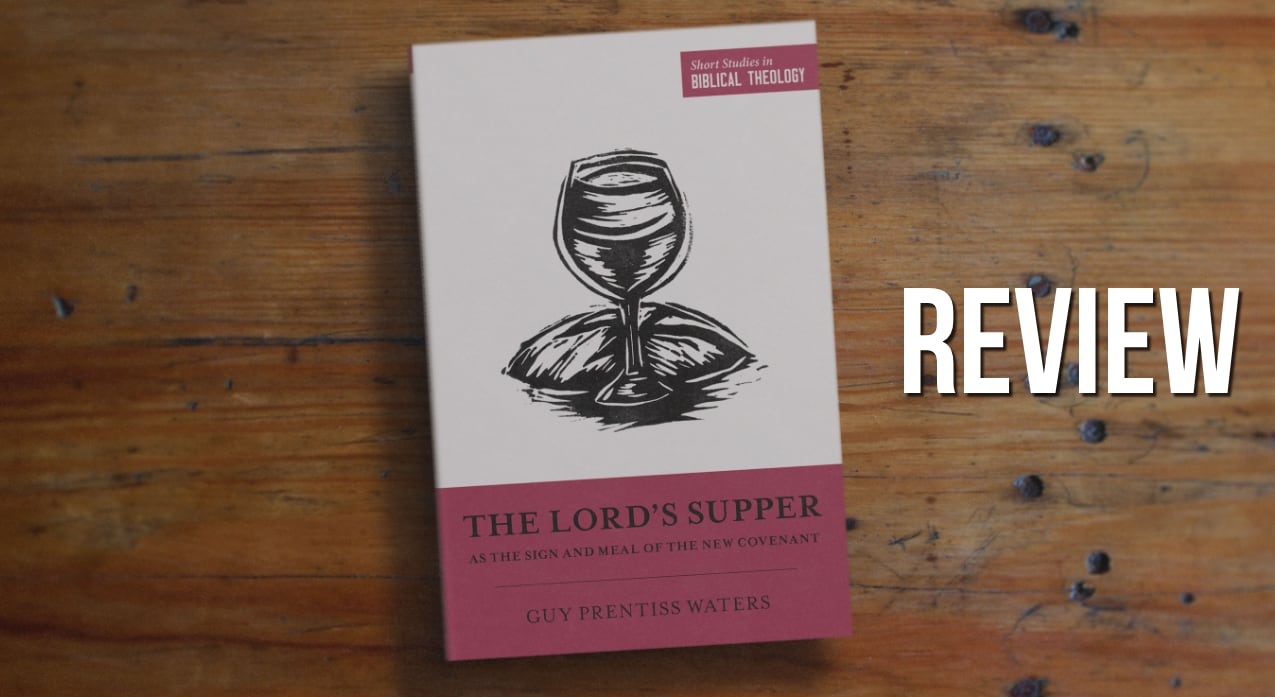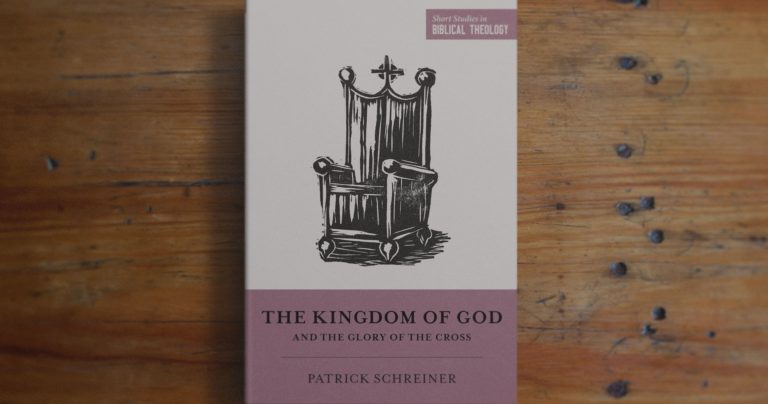I have grown to love the Short Studies in Biblical Theology series by Crossway. These short books pick up a topic, and show how the Bible develops them over salvation history. The Lord’s Supper is one of those topics, and I was glad to see the editors pick it.
The title interested me since it picked up on two aspects of Biblical Theology that I have not seen much work done on so far (let alone at a popular level): covenant signs and covenant meals. I also appreciated the pun (that I assume is intended) in the title, so kudos to the team for that one!
So that’s the cover, let’s look at the book. The introduction starts the volume off well, pointing to the fact that “a full appreciation of the importance of the Lord’s Supper in the Christian life requires us to look first to the progression of God’s covenants in human history and then to the signs and meals that God appoints within those covenants.” Readers of the previous entries in this series have been taught to do this, so it is nice to be reminded of this key point.
Chapter 1 is entitled ‘Covenant Basics’. It becomes evident quite quickly that Waters does not fully agree with the volume in the series already called ‘covenant’. There is a footnote to point to the entry, but Waters instead defines covenant his own way. This leads to the book having a whole chapter going over the topic again. I felt this could have been dealt with elsewhere – perhaps as an appendix – because it resulted in the book feeling slow to start.
The book title points to the idea of ‘Covenant Signs’, so that is what the second chapter tackles. Waters says “When we look at the various covenants that God made with people in Scripture, a striking pattern emerges—God appointed a sign to accompany the covenant that he made.” However, the pattern is not as obvious as it may appear. The new covenant has two, and the Davidic does not seem to have one at all (an indication that it’s a development of the Abrahamic, says Waters). The claim made at the start of the chapter left me feeling a little suspect of the claim that the pattern is ‘striking’ and a pattern at all.

Third, we turn to look at ‘Covenant Meals’. This is where I felt the book could have spent most of its time. Feasting is a big topic in the Bible. In fact, you could do a whole Biblical Theology on the topic of food. I felt that the author did a good job here in showing how meals develop Biblically. By getting this topic addressed, I felt ready to think about the main topic of the book itself – the Lord’s supper.
And that is where we progress to in chapter 4. The chapter starts out with Waters tying all the previous chapters together. I was still not convinced that he had to discuss his theology of covenants again – it felt a bit like axe grinding. The author does a good job of working through the gospels and specific epistle tests to discuss the Lord’s Supper. By looking at each separately, you come away with a greater understanding of the Bible’s teaching on the topic.

The book finishes with a section titled ‘conclusions for the Church’. I really liked this. Theology can be so abstracted from the day-to-day practice of the church, but this shows the topic’s direct relevance. After summarising everything that we’d seen, three questions are tackled: How is Christ present in the supper; who may come to the supper; and how is the Lord’s Supper like and unlike Baptism. These were well put together, and the author answered them using the work he had shown earlier in the book. It was interesting that differing views in this section were highlighted through footnotes – it did make me wonder if the same could have happened with chapter 1!
Overall, this is a book that I would find useful to have for reference. However, it is trickier than other volumes to just give to people, since it covers more than the topic itself. I felt at times that because of that, it was not at as much of a popular level as the earlier entries in the series. It was more friendly though than ‘from chaos to cosmos’.
If you’re looking for a theology of the Lord’s Supper, and are happy to think through wider issues in theology at the same time, then give this a read.
Thanks to Crossway for providing me with a complimentary copy of this book to read and review. ‘The Lord’s Supper as the Sign and Meal of the New Covenant’ is out now in the UK.




